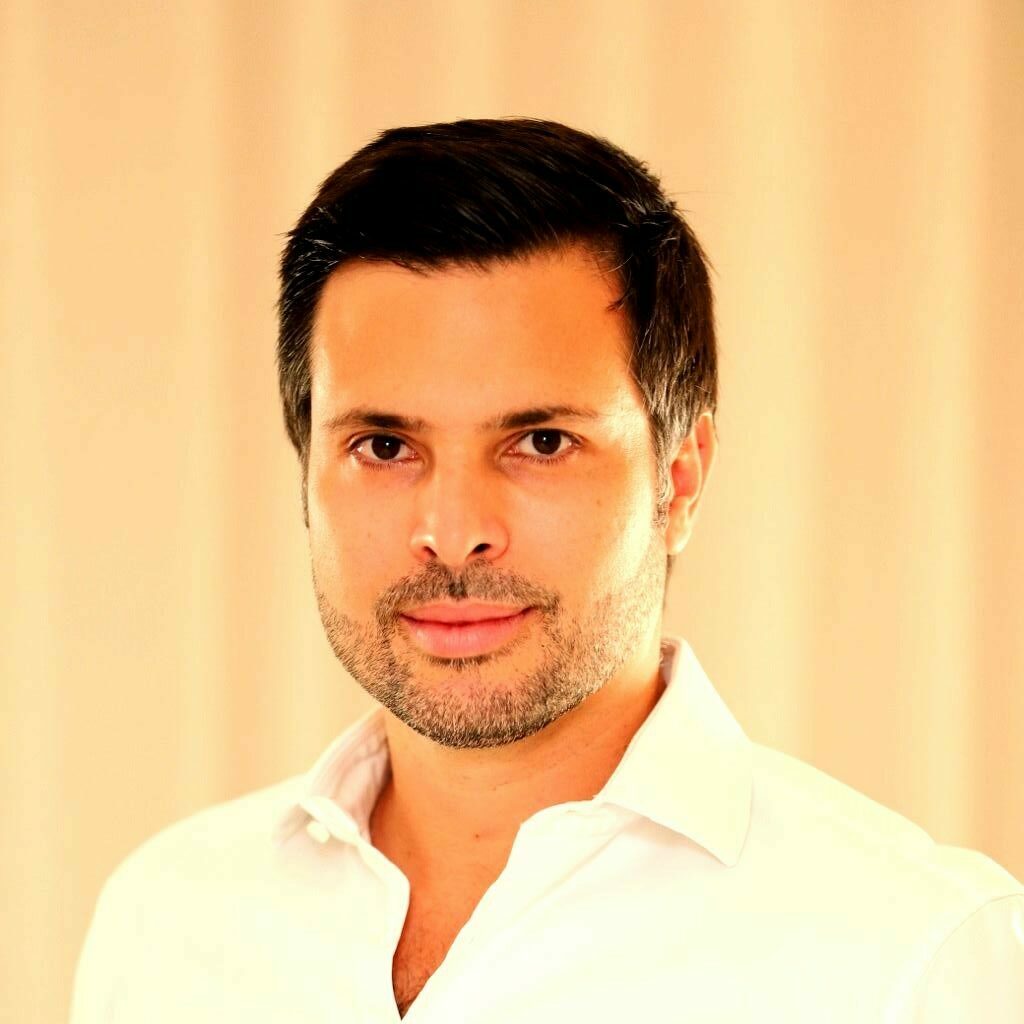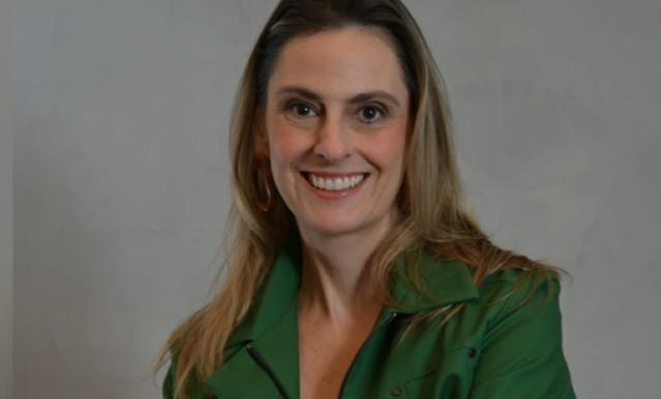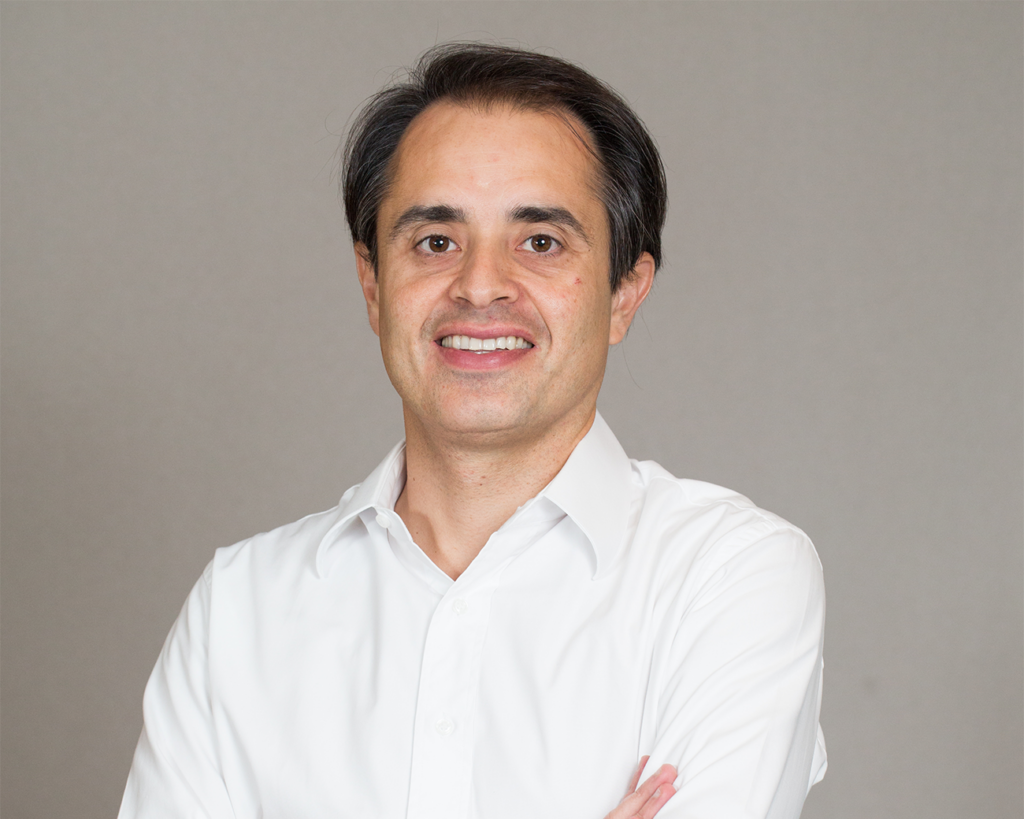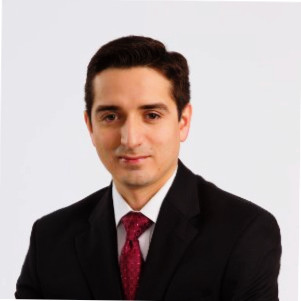Member Profiles
TreeCorp Investimentos
29 May 2024

Executive: Bruno Levi D’Ancona, Managing Partner
Member name: TreeCorp Investimentos
Year Founded: 2010
HQ: São Paulo, Brazil
Offices: São Paulo, Brazil
AUM: USD198m
LAVCA: Can you describe TreeCorp’s investment strategy since it was founded?
Bruno: Since TreeCorp was founded in 2010, our core investment strategy has consistently focused on seizing growth opportunities within Brazilian companies. Our strategy includes a tailored approach to each investment, ensuring that operational improvements and strategic alignments are effectively implemented to maximize returns.
Private capital is changing global sports. In 2023, TreeCorp reached a deal to acquire 90% of the Coritiba football club. What are some of the key challenges and opportunities that TreeCorp foresees in the sports industry in Brazil?
The introduction of the 2021 legislation allowing Brazilian football clubs to transition to corporate structures piqued our interest, prompting us to thoroughly investigate the sector. We explored global trends, analyzed Brazil’s competitive advantages and identified clubs that presented viable investment opportunities.
TreeCorp’s acquisition of 90% of Coritiba Football Club is a strategic move that aligns with our focus on growth capital. By leveraging our expertise in business transformation and capital management, we aim to transform Coritiba not only into a competitive football team but also into a profitable enterprise that positively impacts the community and establishes a sustainable business model in the sports sector.
One of the primary challenges has been navigating the cultural and operational shifts within clubs that have historically operated under non-profit status and that were deeply enmeshed in local politics. For example, at Coritiba, we made significant changes to the management team, replacing over half of the personnel to ensure a shift towards a more business-oriented and transparent governance structure.
This transformation enables the professional management of clubs and access to new streams of funding. The new capital infusion is being directed towards significant real estate projects, such as the construction of a new training complex and renovation of the stadium. These initiatives not only enhance the club’s facilities but also boost player development and overall club competitiveness. Furthermore, there is significant potential for revenue growth through enhanced marketing efforts, strategic sponsorship deals and expanded merchandise sales.
TreeCorp exited a stake in Brazilian consortium manager Ademicon through a secondary sale to 23S Capital. How has Ademicon evolved since Treecorp’s initial investment in 2017?
Consortiums are a Brazilian credit innovation consisting of a group of people with a common interest that purchase a determined good, such as a car or an apartment, through monthly installments. Consortiums are managed by an independent administrator who charges a monthly service fee to oversee the entire process, including collecting payments, issuing letters of credit and managing draws to determine who gets the good first. Consortiums provide tangible benefits to clients by offering long term credits at lower costs compared to traditional loans, while also providing a recurring revenue stream with high predictability for the managing company. This combination created a robust business model that was highly attractive from an investment standpoint.
We initially acquired a controlling stake in consortium manager Conseg in 2017. After a thorough analysis of the market, we looked for potential M&A targets and identified Ademilar as having the most compelling business model at the time. Following the merger between Conseg and Ademilar in 2020, the combined entities sold about BRL2b per year. By 2023, this figure had surged tenfold to nearly BRL19b, establishing Ademicon as one of the top five players in the consortium industry, surpassing multiple major banks and financial institutions.
Our strategies included enhancing governance, conducting financial analyses to support business decisions and implementing technology solutions to improve customer service and operational agility. These initiatives were first introduced at Conseg and further refined post-merger as the company continued to scale. In early 2023, we sold 30% of our stake to fund manager 23S Capital, a move driven by their complementary expertise, which is poised to foster Ademicon’s continued growth.
TreeCorp’s portfolio includes multiple companies in the consumer sector. What are some of the key challenges and opportunities that TreeCorp forees in the consumer sector in Brazil?
Macroeconomic challenges have impacted consumer spending power and caused individuals to become more cautious about their spending. However, the Brazilian consumer sector remains resilient in many segments. TreeCorp seeks to create value in these resilient segments through strategic investments and the application of technology to enhance business models.
At TreeCorp, we adopt a bottom-up approach, focusing intensely on company-specific dynamics and sector-specific trends. A prime example is the Brazilian pet market, which has consistently demonstrated resilience and growth, even during economic downturns. The Brazilian pet sector is one of the largest globally in terms of number of pets and market value. Factors like a growing middle class, urbanization and shifting demographics have fueled expansion in veterinary services, pet food, accessories and grooming. In addition, increasing pet ownership rates and pet humanization trends have led consumers to increase spending in premium pet products and services. We previously invested in pet accessories retailer Zee.Dog and successfully sold the company to Grupo Petz in 2021. We are now focusing on consolidating the premium veterinary hospital market through our portfolio company WeVets.
Another example of resiliency in the consumer sector is Tania Bulhões, which caters to the high-end house and kitchenware retail market. We have witnessed annual revenue growth of over 30%, driven by same-store sales, increasing store footprint, revamping product categories and initiating international expansion.
You may be interested in...
-

Luciana Antonini Ribeiro, eB Capital
Executive: Luciana Antonini Ribeiro, Co-Founder and CIO Member Name: eB Capital Year...
-

Cristiano Gioia Lauretti, Kinea Private Equity
Member: Kinea Executive: Cristiano Gioia Lauretti, Head of Private Equity HQ: São...
-

Maria Pia Iannariello, MGM Innova Capital
LAVCA recently spoke with Maria Pia Iannariello, Co-Founder & COO of MGM Innova Capital,...
-

Rafael Ramirez, Portfolio Manager, Alaska Permanent Fund Corporation
LAVCA recently spoke with Rafael Ramirez, Portfolio Manager– Private Equity &...